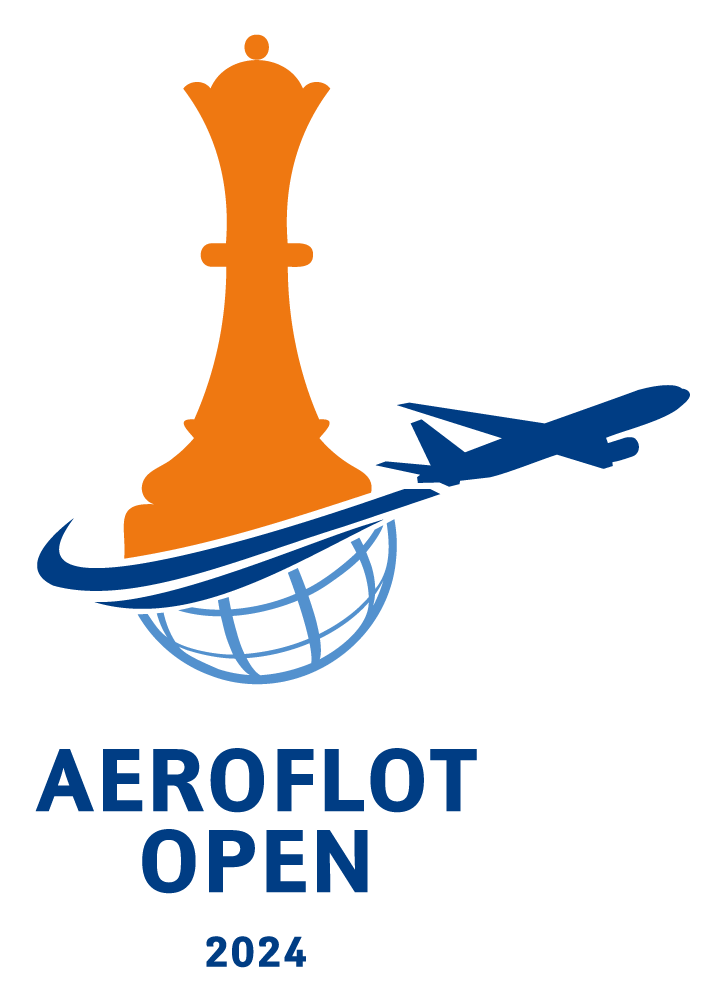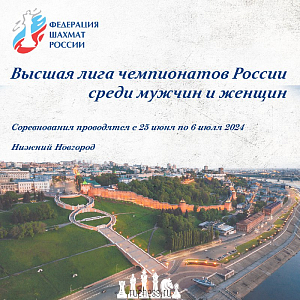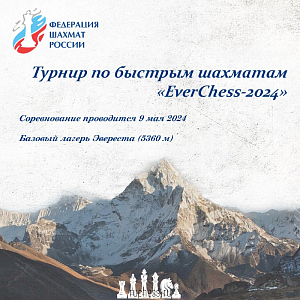20 March 2017
Roundtable Discussion of Mind Sports Took Place in Public Chamber
Chess was the main discussion topic.
 Public Chamber of Russian Federation held a roundtable discussion dedicated to mind games and their place in Russian education system. It was organized by Public Chamber's Commission of Science and Education Development, and nationwide public organization “Trade Union of Mind Sports Workers”.
Public Chamber of Russian Federation held a roundtable discussion dedicated to mind games and their place in Russian education system. It was organized by Public Chamber's Commission of Science and Education Development, and nationwide public organization “Trade Union of Mind Sports Workers”.Alexander Rusakov, chairman of the PC Commission, opened the discussion, stressing the importance of the subject and need to rebuild general interest to mind games.
Alexander Sorokin, director of physical culture, sports, and youth policy of Yaroslavl Region, said about establishing cross sectoral ties. Anton Kuzin, chairman of the trade union and principal of Russian Chess School non-profit organization, told about the situation with chess education and mentioned a shortage of qualified teachers.
Berik Balgabaev, official FIDE representative in Russia, told about FIDE activities aimed at introducing chess into Russian schools. Alexander Kostiev, head of Chess at Schools project of RCF, told about seminars for teachers and trainers held in different regions of Russia. Sergey Lazarev, president of chess federation of Central Federal District, also spoke about Chess at Schools project and gave Kaluga Region as a model example.
The discussion was also attended by Alexey Shonin, vice-president of checkers federation, Maxim Volkov, president of Russian go federation, Mikhail Rozenblum, chairman of bridge commission, Alexander Gorbatenko, vice-president of e-sports national federation, Alexey Moskvin, chairman of Yaroslavl Region chess federation, Vyacheslav Kalyaev, chairman of Maestro clubs, Anastasia Anikina, chairman of Garde chess club, Natalia Avilocheva, and chess coaches from Moscow.
Is was suggested to develop a Concept of Mind Sports Development and examine ways to fund this sphere of education. The Commission of the Public Chamber will continue to monitor the situation with introducing mind sports into educational institutions of different levels.
Alexey Moskvin informs




























